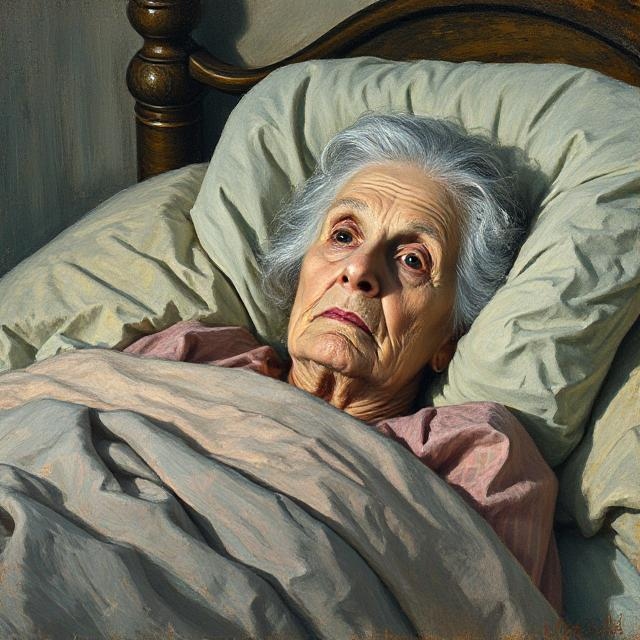There’s a smile that doesn’t reach the eyes. You’ve probably worn it. You’ve probably seen it. The kind that says “I’m fine!” when your chest is heavy or your mind is quietly unraveling. The kind you offer at work, in the grocery store, or over brunch, even when everything inside is whispering “no, I’m not.”
That’s the calling card of compulsory happiness — a quiet but powerful expectation that whatever you’re feeling, you’d better wrap it in sunshine and serve it with a side of gratitude.
We live in a world that sells joy like a product. It’s bottled in bright colors, printed in inspirational quotes, curated in glowing Instagram grids. We’re told to “stay positive,” “choose happiness,” “good vibes only.” And if you’re not smiling? You must be doing it wrong.
The message is subtle but relentless: happiness is a moral obligation. A social expectation. A performance, not just a feeling.
And that performance is exhausting.
Compulsory happiness isn’t about real joy — the kind that bubbles up uninvited, soft and surprising. It’s about emotional regulation on public display. It tells us that discomfort is dangerous, that sadness is selfish, that anger is unattractive. It flattens our humanity into something more digestible — more likeable — more marketable.
We see it in the workplace, where expressing burnout or grief gets filed under “not a team player.” We see it in wellness culture, where emotions are symptoms to be optimized away. We see it in social media, where every hardship is expected to end with a “but I’m grateful for the lesson.”
We see it in ourselves, when we bite our tongues, raise our eyebrows, and smile until our cheeks ache, because the truth might be too much for the room.
But the truth is this: not every moment is a good one. Not every mood needs a silver lining. Sadness is not failure. Anger is not weakness. Anxiety is not a defect to be hidden behind cheerful affirmations.
Real emotional health isn’t about constant positivity. It’s about making room for the full spectrum of human feeling. Joy and sorrow. Hope and fear. Contentment and grief. Letting yourself feel without performing. Letting others feel without fixing.
And maybe — just maybe — happiness becomes more meaningful when it’s not mandatory. When it comes not from pressure, but presence. Not from smiling through the storm, but from surviving it and still choosing to open the window.
We don’t need more forced joy. We need more permission to be real.
So the next time you find yourself reaching for that polished smile, pause. Ask yourself: Is this how I feel, or how I think I’m supposed to feel?
If it’s not real, it doesn’t have to be worn.
You are allowed your shadows. You are allowed your softness. You are allowed your joy — but only when it’s yours, and not someone else’s expectation.
![]()



